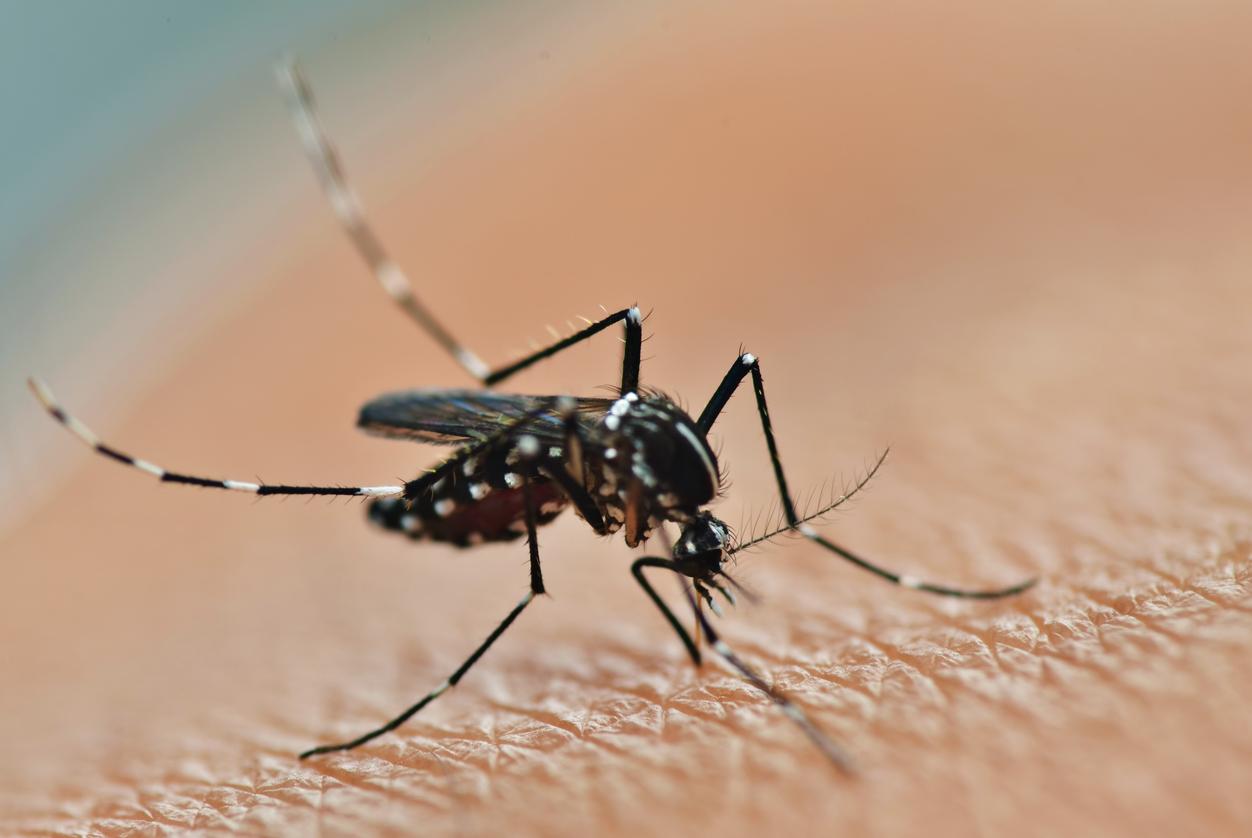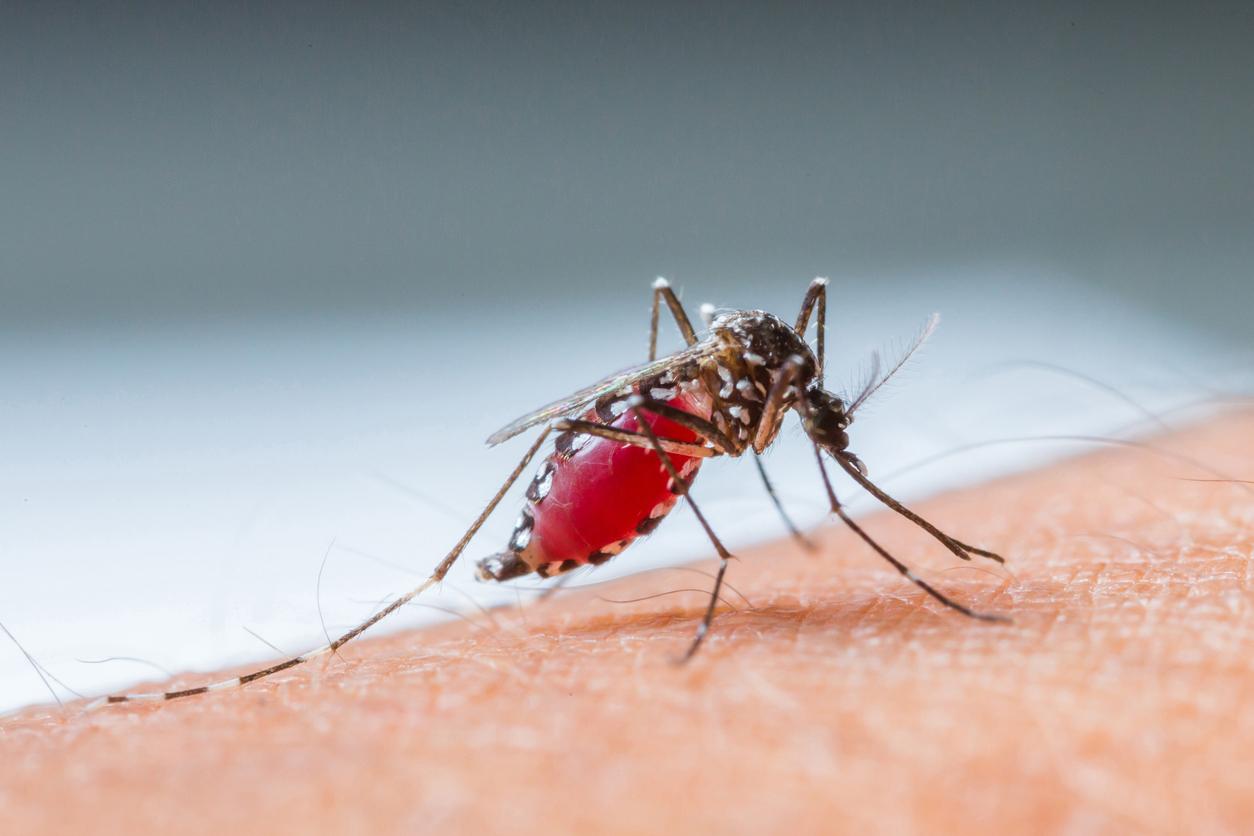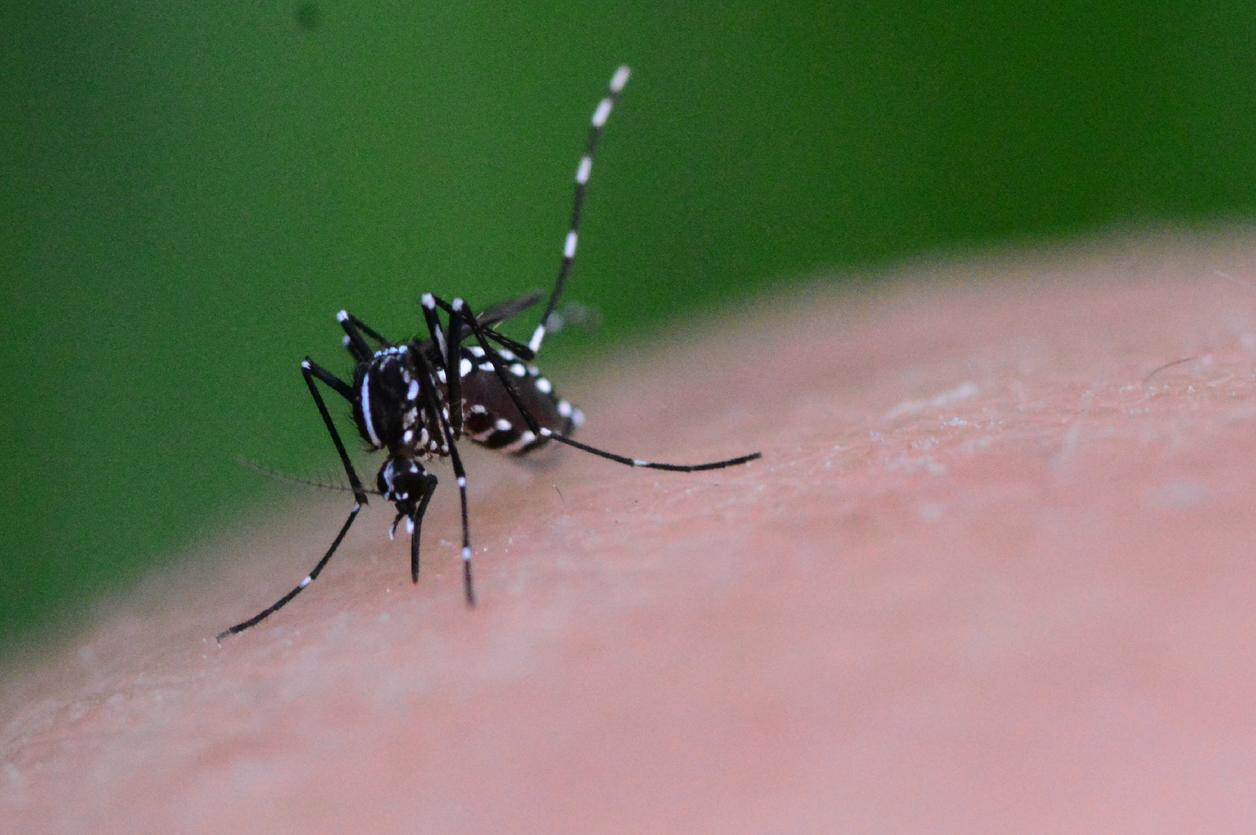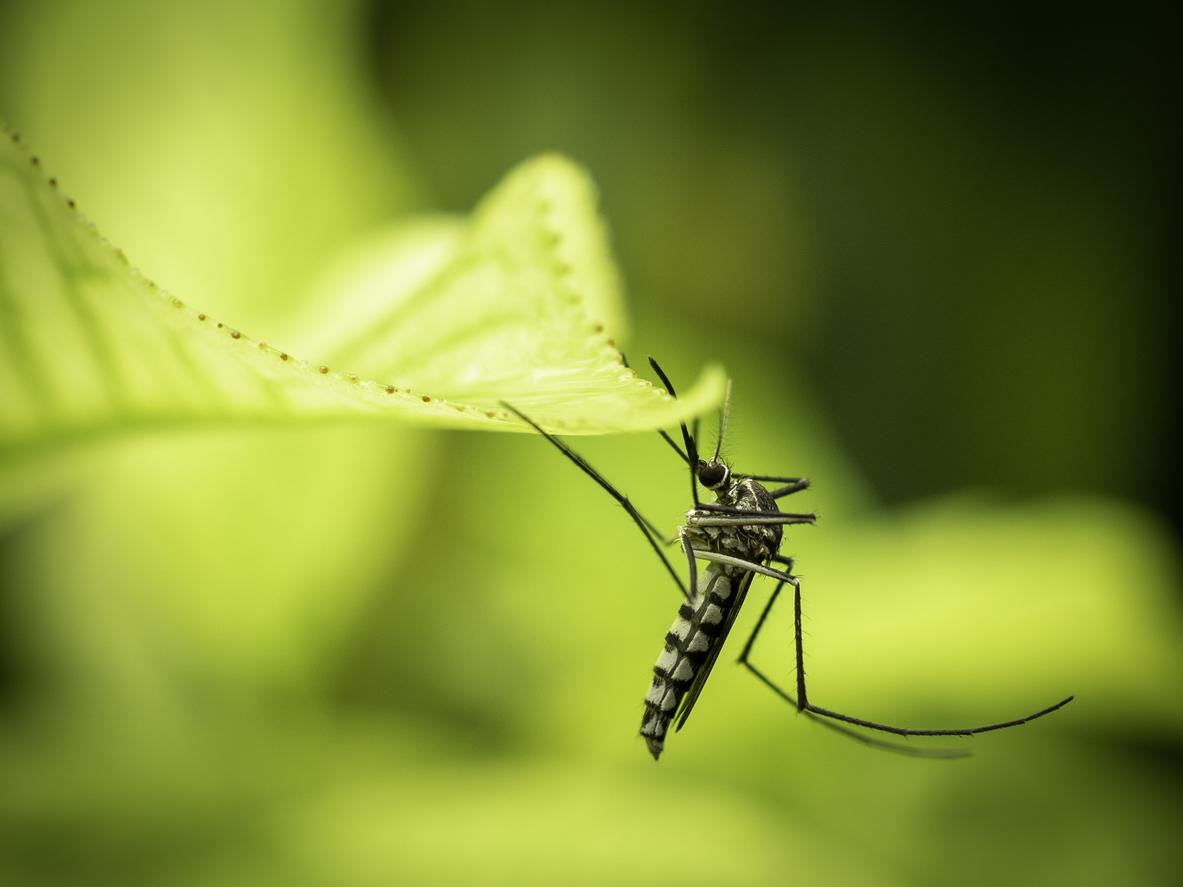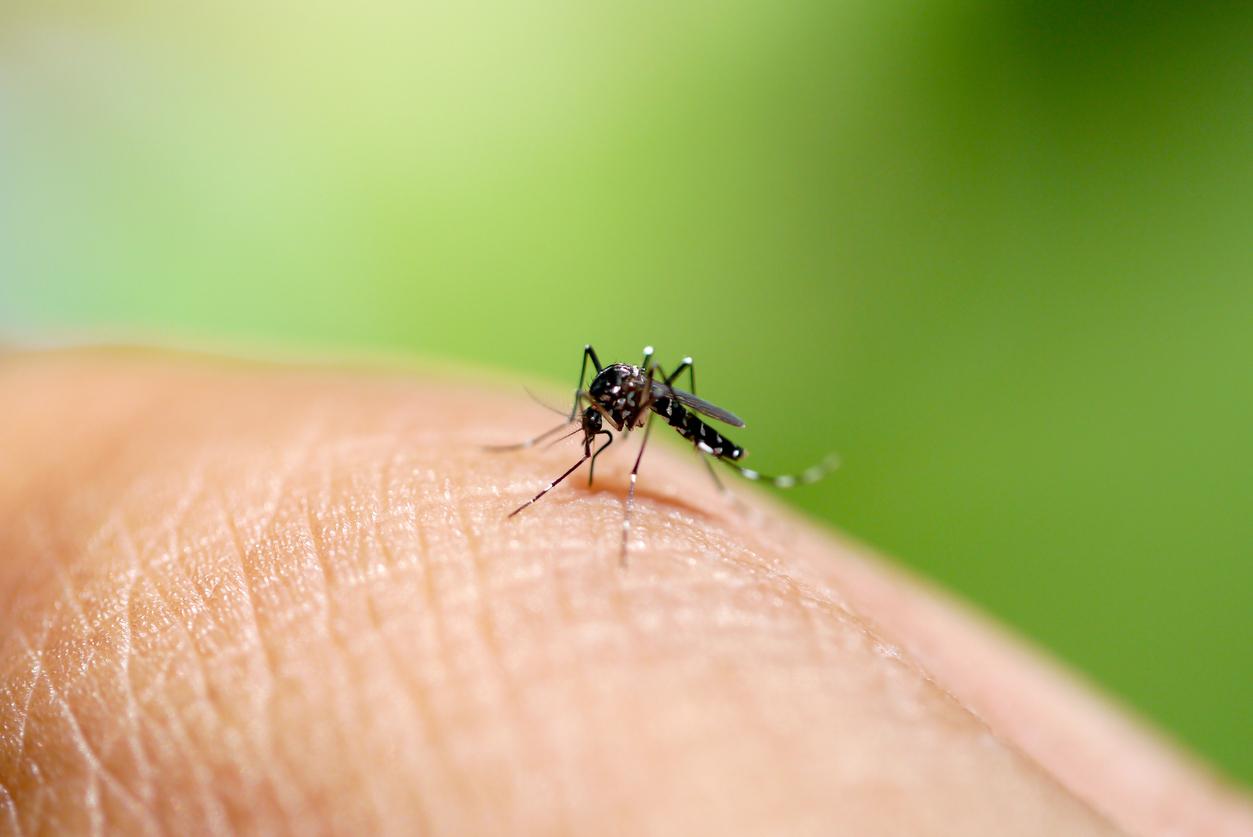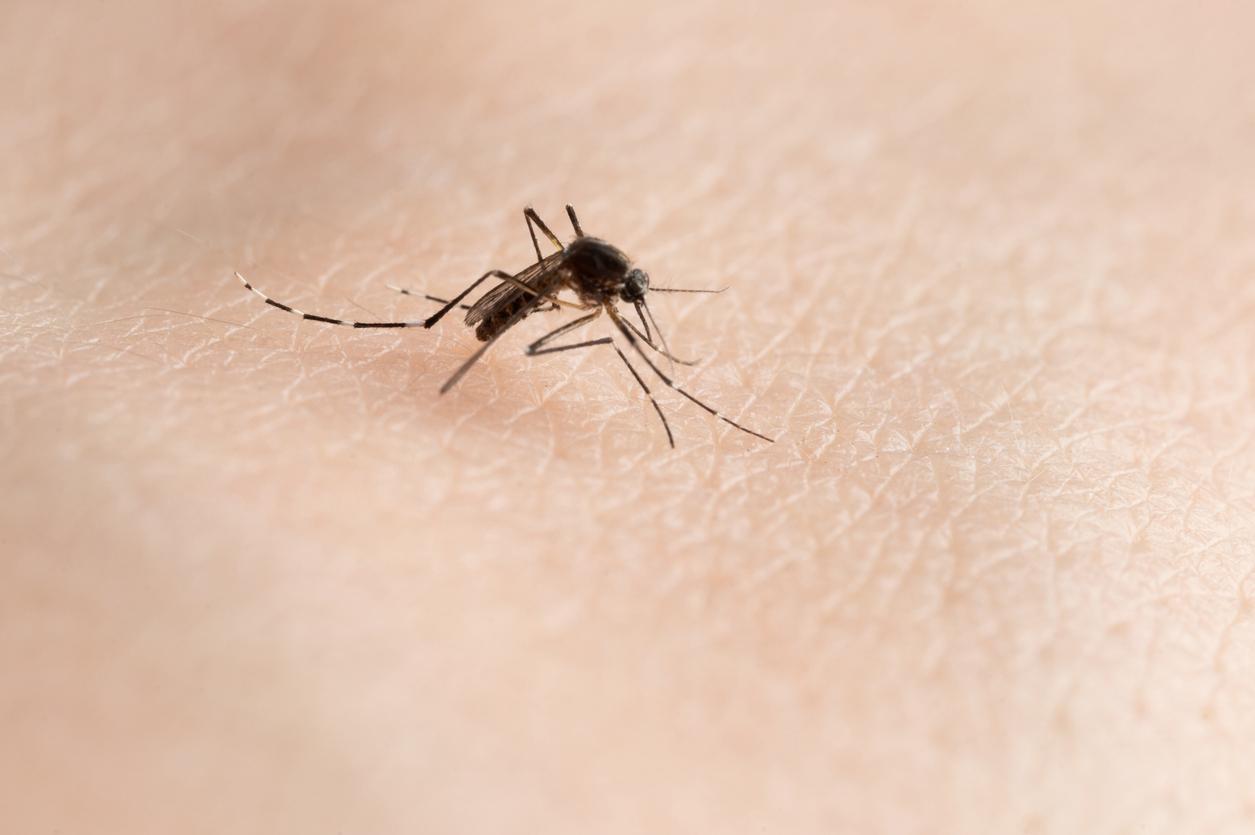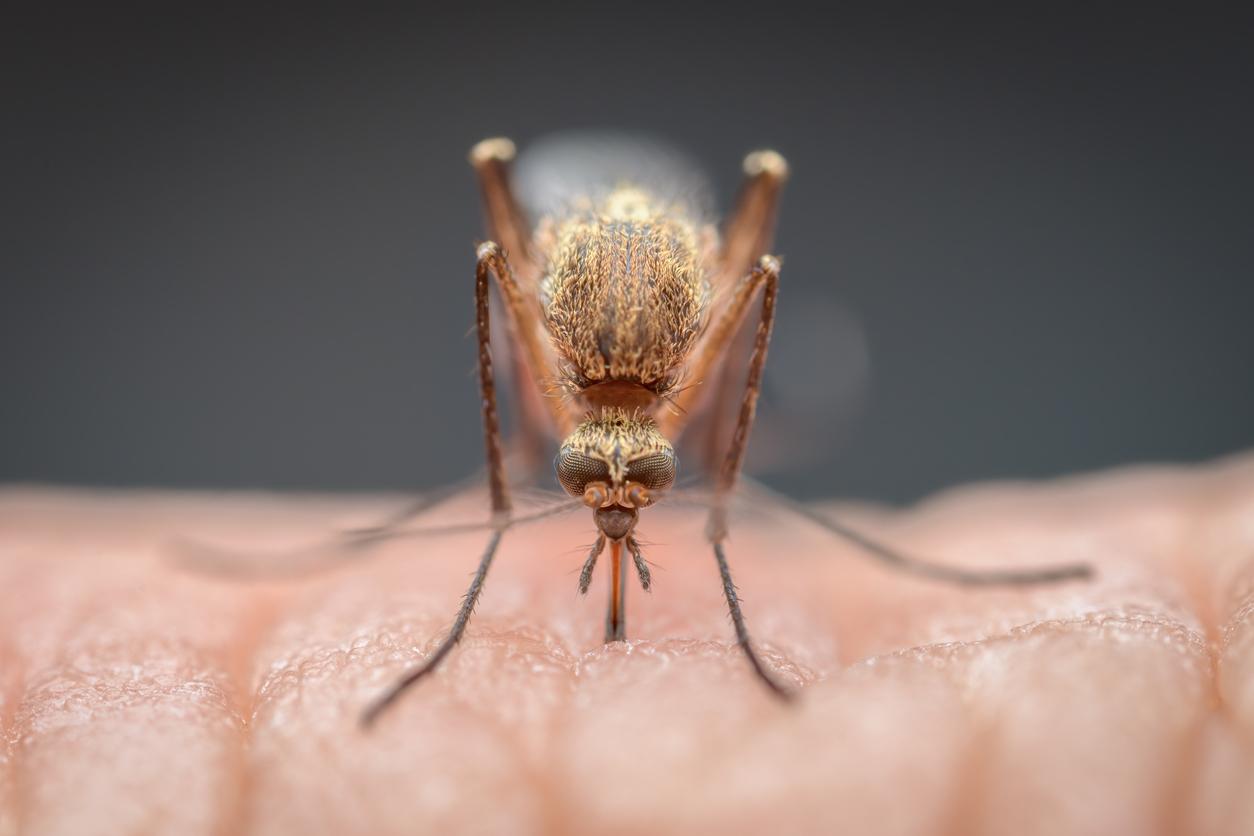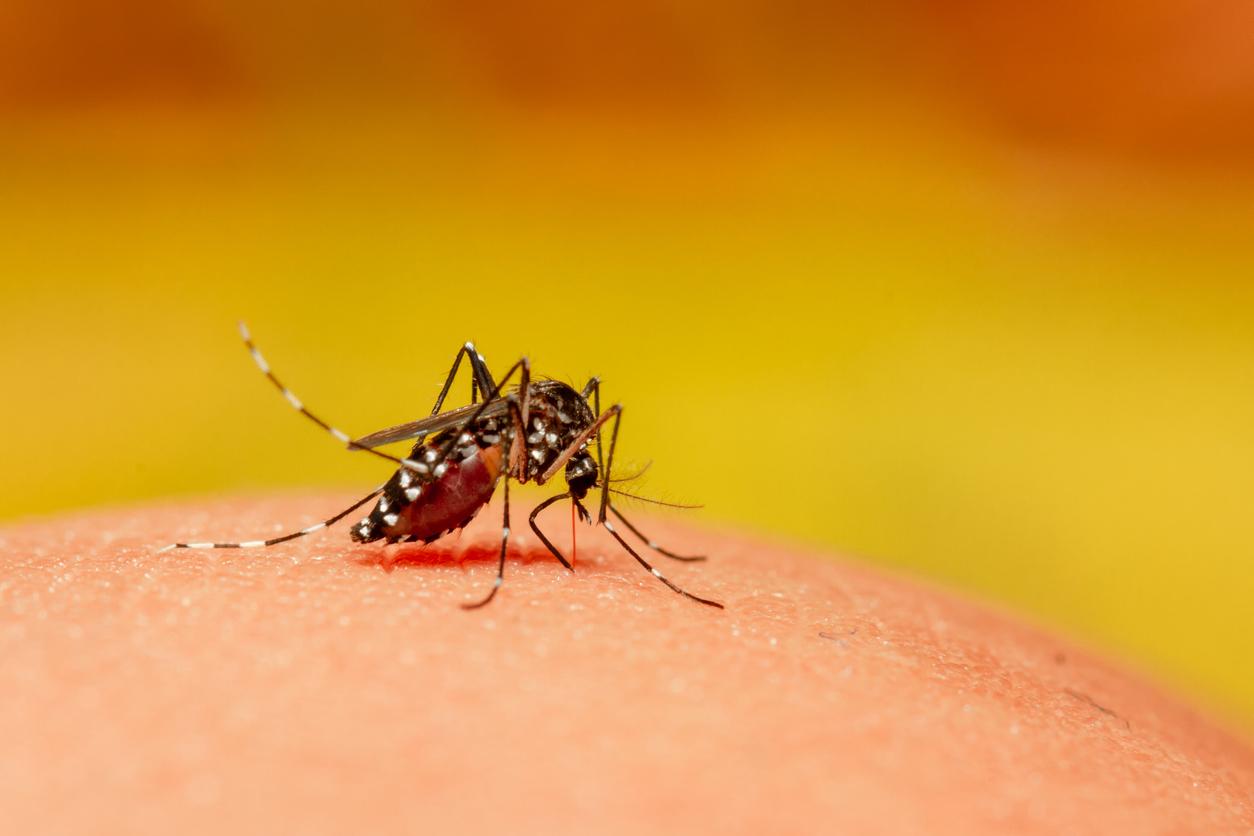In the European Union, there are increasing cases of mosquito-borne diseases, including dengue fever and West Nile virus.
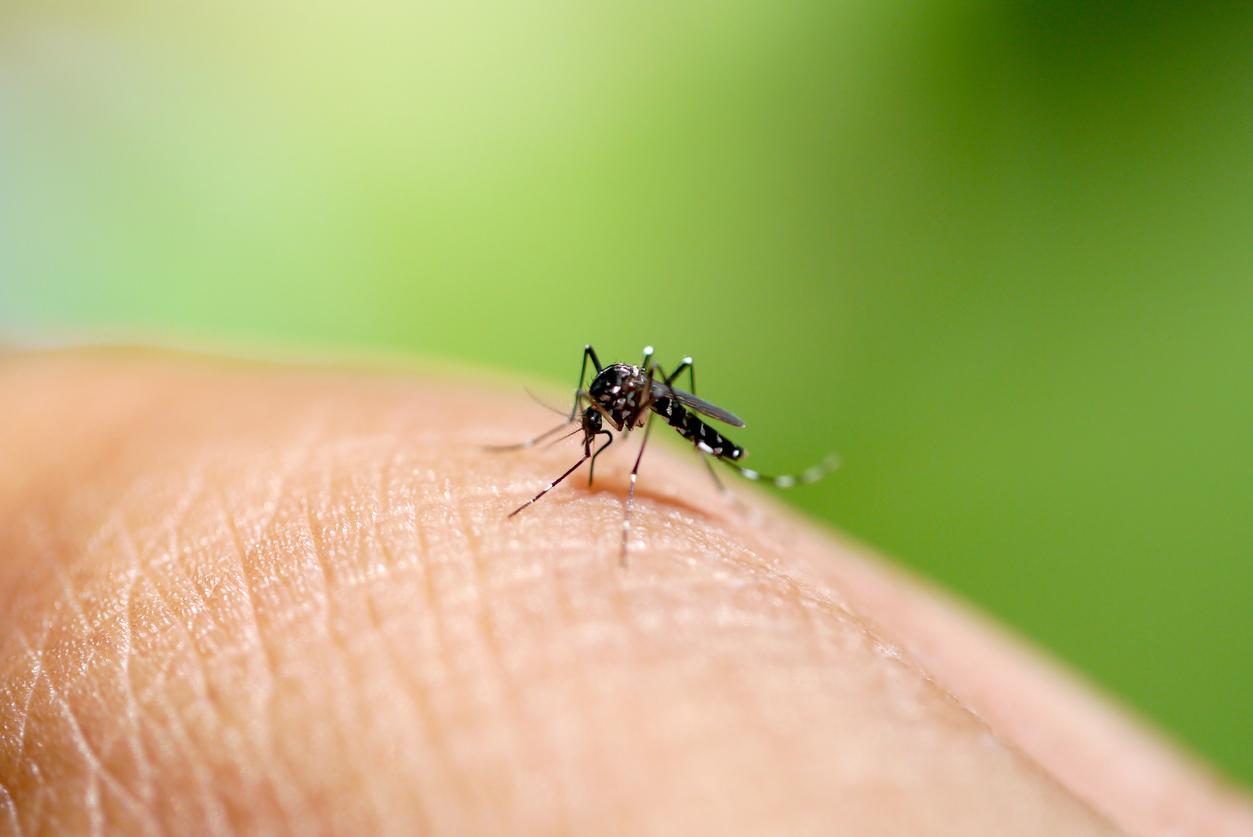
- Mosquito-related diseases are on the rise in the European Union.
- This is particularly the case with dengue fever and West Nile virus.
- The spread of the tiger mosquito and global warming are to blame.
Cases of mosquito-borne diseases are on the rise in Europe, the European Centre for Disease Prevention and Control (ECDC) announced in a communicated published on June 11.Latest figures from the European Union/European Economic Area show a continued upward trend in the number of dengue cases imported from dengue-endemic regions, as well as an increasing number of local outbreaks of West Nile virus and dengue infections within the EU/EEA.the text specifies. The notion of imported cases refers to people infected outside the territory, unlike local epidemics.
Increase in local infections by dengue fever and West Nile virus
In 2023, the agency recorded 130 cases.local” of dengue fever in the territory, compared to 71 the previous year.This is a significant increase compared to the ten-year period 2010-2021, when the total number of locally acquired cases was 73 for the entire period.”notes the organization. Imported cases are increasing very sharply: more than 4,900 cases in 2023, compared to 1,572 in 2022. “This is the highest number of imported dengue cases reported since EU-level surveillance began in 2008.”he specifies.
As for the West Nile virus, 713 locally acquired cases were recorded in 2023 in 123 regions of nine European countries, compared to 1,133 the previous year. Although the number of infections appears to be lower, more and more areas are affected by the virus.The number of affected regions is the highest since the peak in 2018, indicating wide geographic circulation of the virus”estimates the ECDC.
How can we explain the increase in cases of mosquito-borne diseases?
This increase is notably linked to the spread of the tiger mosquito, called Aedes albopictusin many European countries. It transmits dengue fever, yellow fever, Zika and chikungunya. As for the mosquito Culex pipiensresponsible for the spread of the West Nile virus, it originates from Europe and is present throughout the region.
But ECDC experts fear that these two mosquito species will spread even further in the coming years.Europe is already seeing how climate change is creating more favourable conditions for invasive mosquitoes to spread to previously unaffected areas and infect more people with diseases such as dengue fever.says Andrea Ammon, director of ECDC. Increased international travel from dengue-endemic countries will also increase the risk of imported cases, and inevitably also the risk of local outbreaks.”
How to protect yourself from mosquitoes and the diseases they spread?
To reduce this risk, the ECDC calls for the development of effective mosquito control tools that are safe for the environment. The organization also points out that simple reflexes such as eliminating stagnant water in gardens and balconies where mosquitoes breed are effective.Personal protective measures to reduce the risk of mosquito bites include wearing clothing that covers most of the body, using mosquito repellent, using window/door screens, and sleeping in air-conditioned rooms.”he adds.










